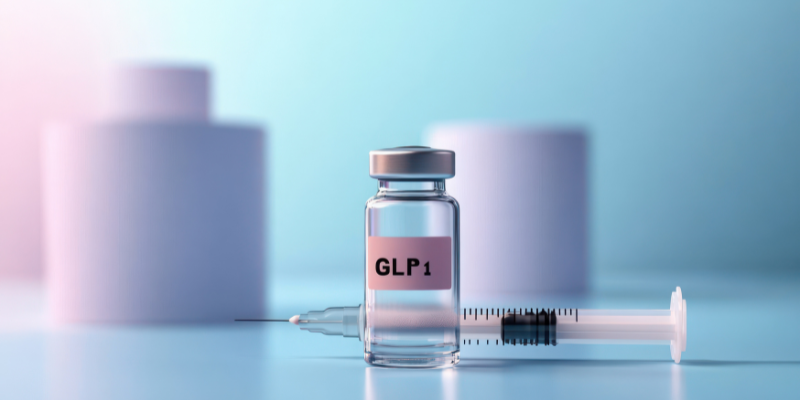In the age of Ozempic, celebrities are slimmer than ever before. The name-brand GLP-1, initially developed for those suffering from Type-2 diabetes, took off in popularity once its weight loss effects became known. But name brands are expensive, and with their popularity came a drug shortage. Now, knock-off medications are hitting the market. Are they safe? Do they work as promised? A team of CU Pharmacy researchers, led by Michael J. DiStefano, PhD, will work to find out, thanks to a grant from the National Institute for Health Care Management (NIHCM), a nonprofit, nonpartisan organization dedicated to transforming health care through evidence and collaboration.
The nearly $50,000 grant is part of a larger $500,000 effort from NIHCM to support research on GLP-1s, hospital competition, value-based care, the health care workforce, and more. Eleven grantees were awarded nationwide based on their ability to break new ground and produce powerful evidence on multiple drivers of health care costs and quality.
What is a GLP-1? Short for glucagon-like peptide-1, it is a type of hormone the body naturally produces in the gut. It plays a big role in blood sugar regulation and appetite control. In recent years, scientists developed GLP-1 receptor agonists, such as Ozempic and Wegovy, which mimic the effects of natural GLP-1 but last longer in the body. These drugs have gained popularity recently not just for diabetes, but also for significant weight loss benefits.
The CU Pharmacy team of Dr. DiStefano, as well as Kavita Nair, PhD, Joseph Saseen, PharmD, and Gina Moore, PharmD, will specifically study “The Rise of Compounded GLP-1 Weight Loss Medications: A Landscape Analysis of the Direct-To-Consumer Market.” Their study will look at the rise in compounded GLP-1 products, (so-called Ozempic knock-offs) advertised and sold to consumers by telehealth platforms, weight loss clinics, and medical spas. It will identify and describe the direct-to-consumer market for these products in the US, including advertising claims regarding the safety and efficacy of compounded GLP-1 products.
"In previous work, we identified nearly 200 brick-and-mortar locations across Colorado advertising compounded GLP-1 products for weight loss,” said DiStefano. “In this new project, we will expand our analysis to states where demand for these products is likely to be higher than in Colorado. The future of the compounded GLP-1 market is highly uncertain and we expect our project findings to inform policies promoting safe and equitable access to weight loss treatments."
“We are pleased to support the work of this extraordinary group of researchers who are sure to inform and advance NIHCM’s core mission—helping organizations, policymakers, and other stakeholders improve the affordability and quality of US healthcare, while improving health outcomes,” said Avik Roy, CEO of NIHCM.




